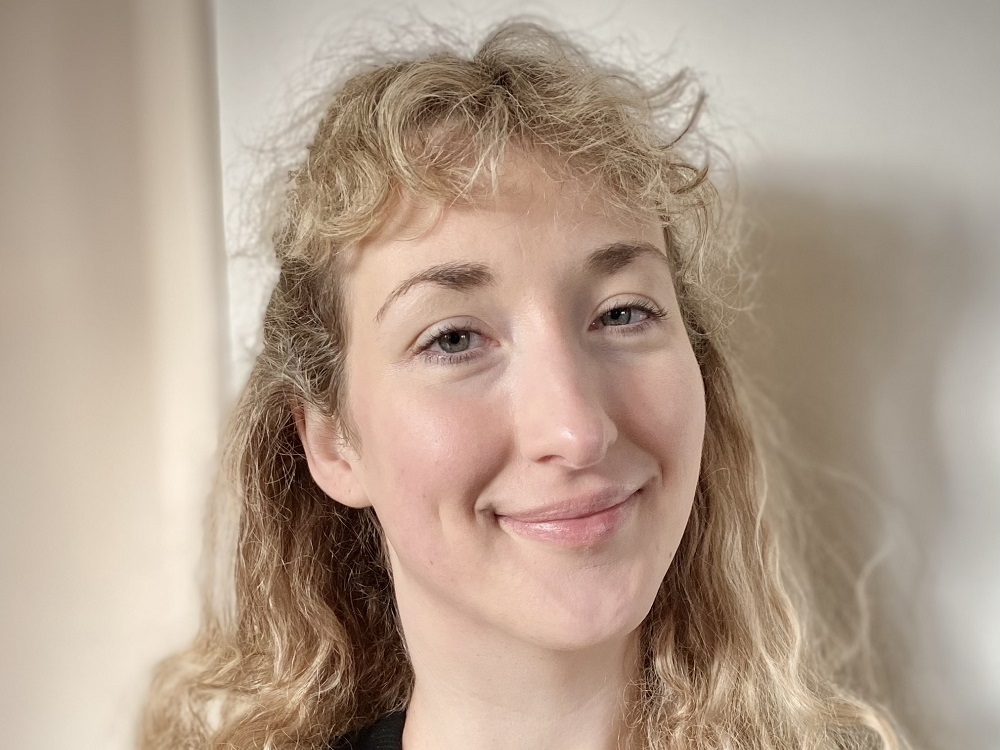We Are All Philosophers Now
‘Connected, Curious, Caring and Courageous. These four words have influenced the policy and character of our university. We should put on our philosopher hats, to make sure we really know what these words mean.’

Philosophers are trained to be constructively critical about the meaning and use of words. Words have the power to cause disruption, make change, and shape what we do. This is seen clearly in the impact that four words have had on Tilburg University. The recent strategy outlined four core ‘values’ that aim to give us insight, and guide our behaviours, actions and choices.
Connected, Curious, Caring and Courageous. These four words have influenced the policy and character of our university, not just until 2027, but apparently also in preparation ‘for the next century’. Given the power of these words, we should put on our philosopher hats, to make sure we really know what these words mean and the implications that arise when we use them.
At first, the ‘values’ seem insightfully complementary. Establishing connections with our colleagues may require curiosity about their research and teaching. To be caring may demand courage, stepping out of our comfort zones to provide assistance for others. Scientific courage may entail connecting with others, engaging in multidisciplinary collaborations. So far so good – each of these values is compatible with the other.
However, the quartet also has the potential to be incompatible. Making courageous policy decisions regarding sustainability, for instance, might require disconnecting from ideas and people that cause harm. Caring for students might necessitate limiting curiosity, as there is only so much research we can do alongside teaching, participation in exam boards and policy committees.
The values are both compatible and incompatible because by themselves they are empty of content. What or who should we be curious or caring about? When should we be courageous? What or who should we be connected to? Philosophy can help us answer these questions.
Aristotle claimed that courage is a virtue, the appropriate middle-ground between the extremes of two vices, cowardliness on the one hand, and rashness on the other. Discerning what counts as the appropriate middle-ground between these vices in a given situation requires the cultivation of practical wisdom. Perhaps care, curiosity and connectedness are also virtues, requiring practical wisdom, the cultivation of ethical knowledge and critical thinking skills, to discern how they should be interpreted.
In that case, the four values become quite radical. By themselves they do not offer insight, nor do they guide our actions or choices. Instead, they call on all of us to be philosophers, to develop practical wisdom, cultivate critical thinking skills, and prioritise character development.
Tilburg University already stands out in this regard, with all students taking at least two philosophy courses in their undergraduate program. We should strive to keep it this way, also potentially extending this requirement to our Master’s programs, and introducing relevant philosophy training sessions for staff.
This is vital given that at least until 2027, and potentially for the next century, we must be equipped to continually interpret the ethical limits and possibilities of the four C’s. For the next century, Tilburg University requires us all to be philosophers.
Catherine M. Robb is assistant professor of philosophy at the Department of Philosophy. This is an exchange column of Tilburg Young Academy (TYA). Each month a different member of TYA sheds light on developments in the academic world.






